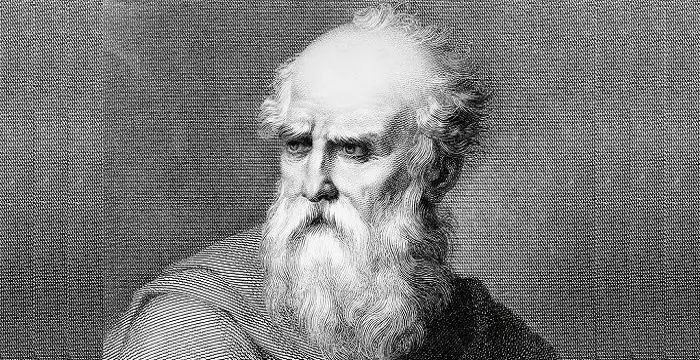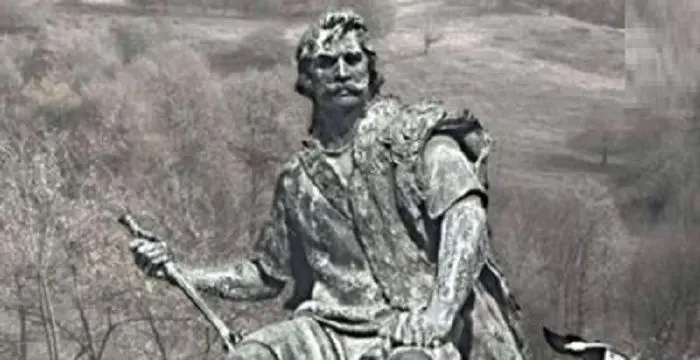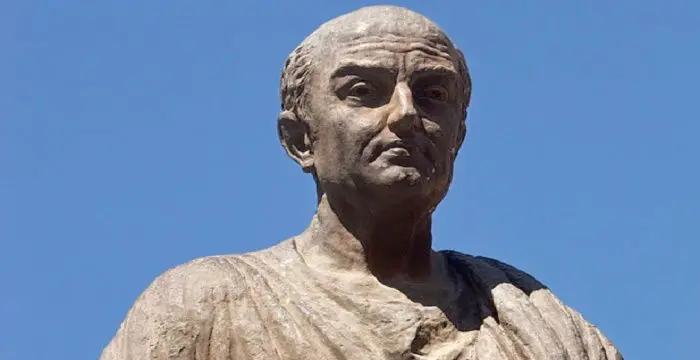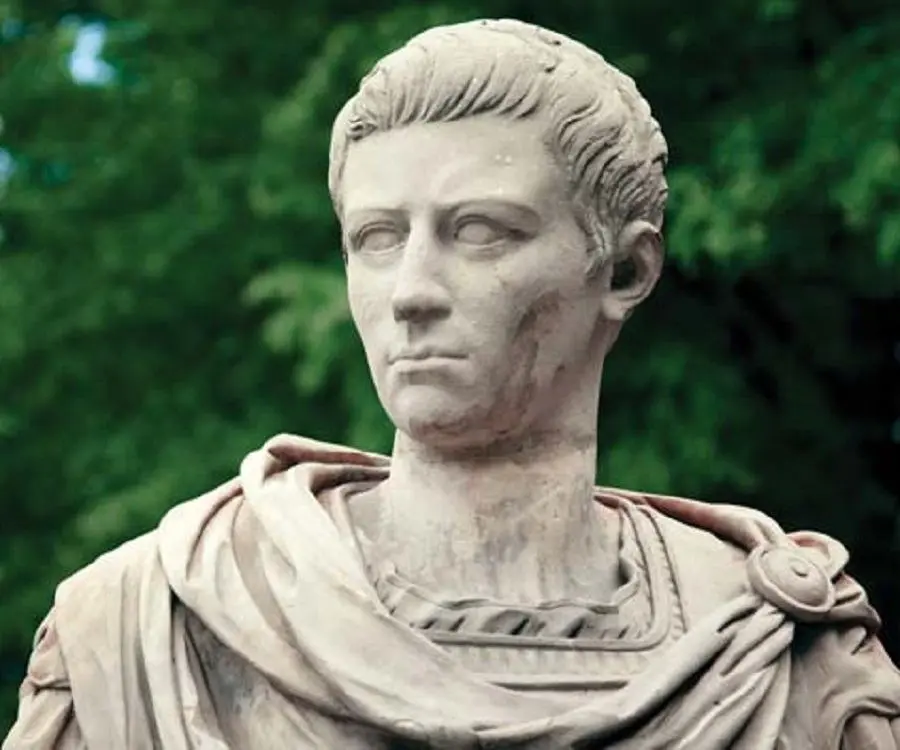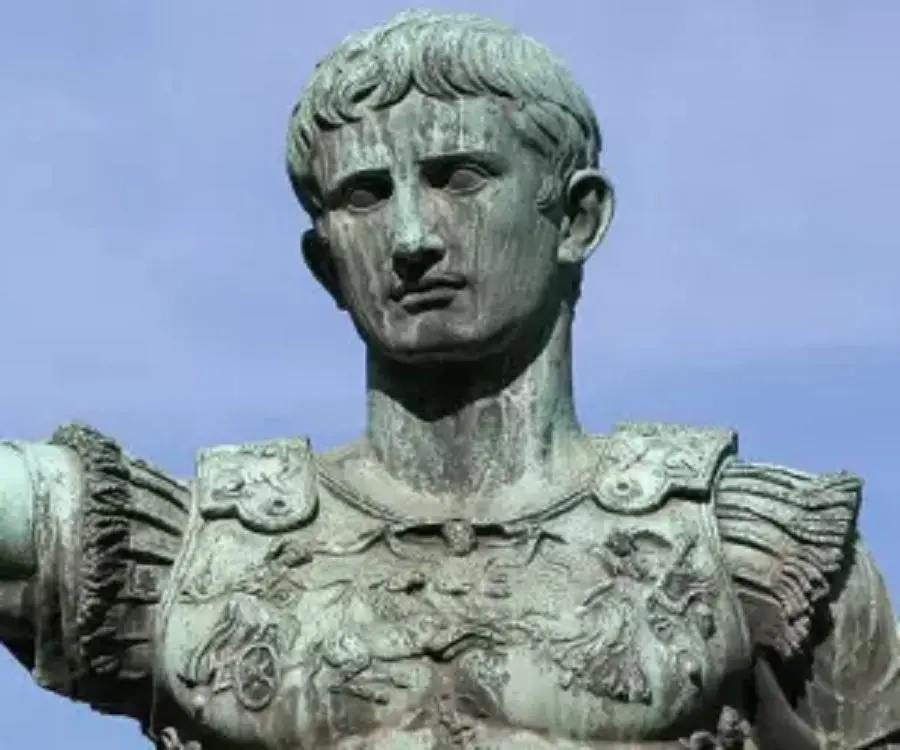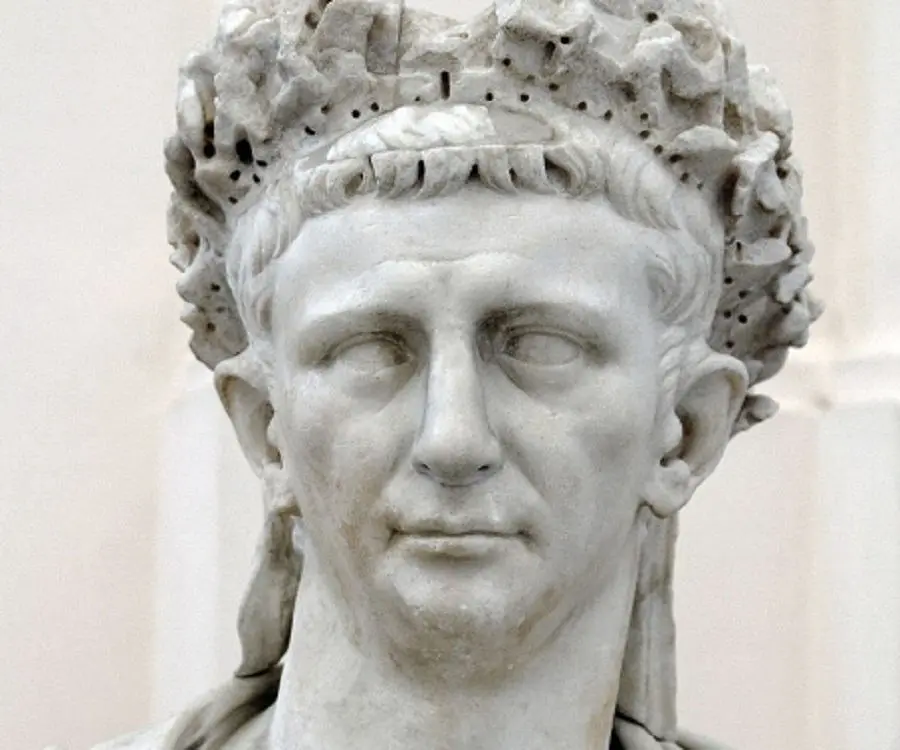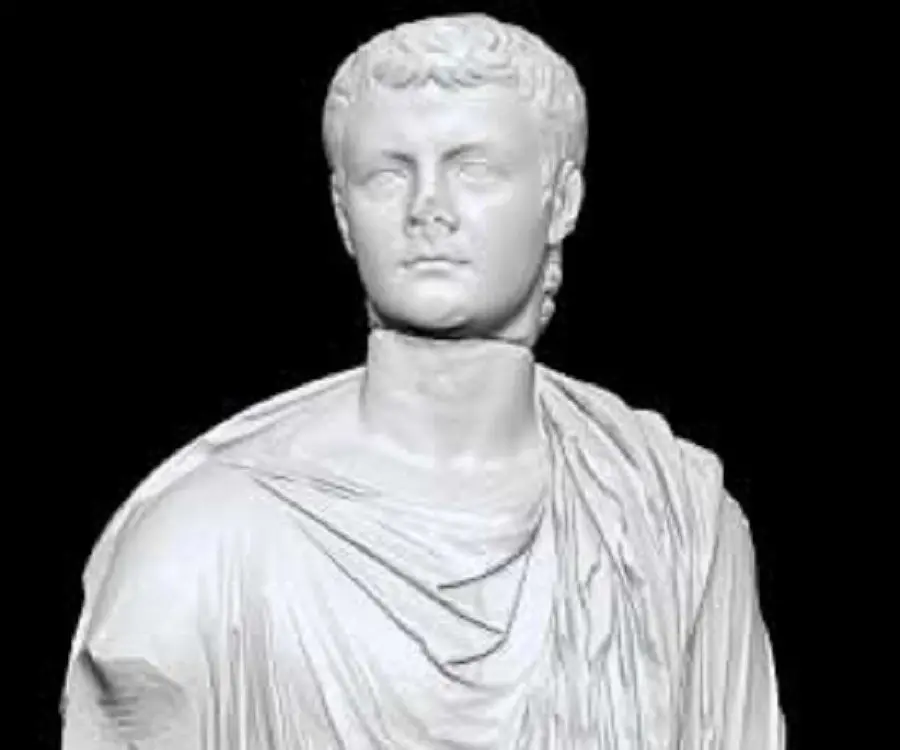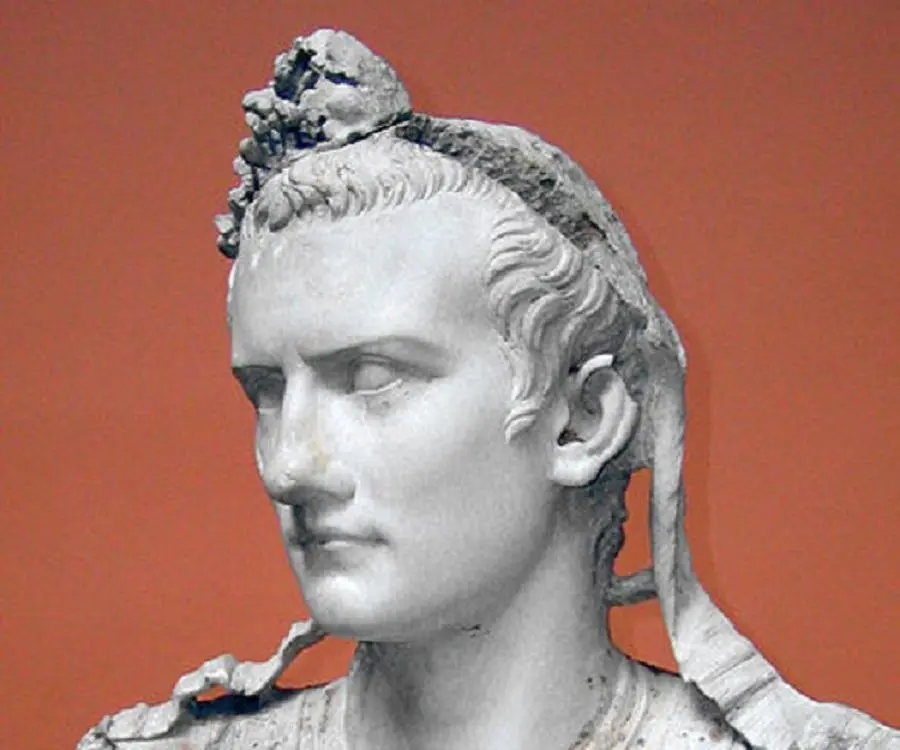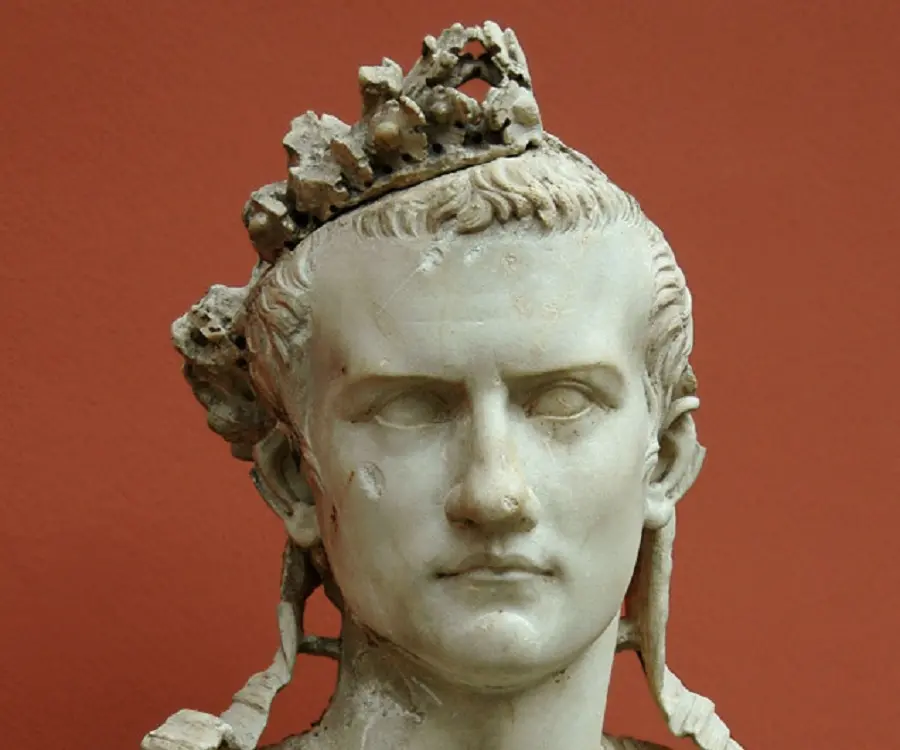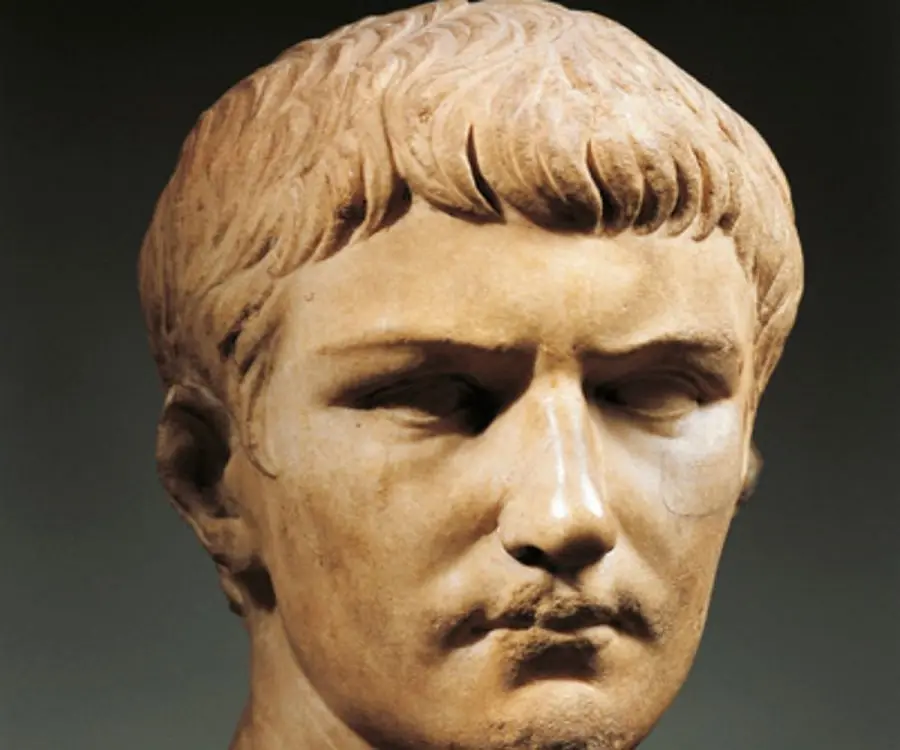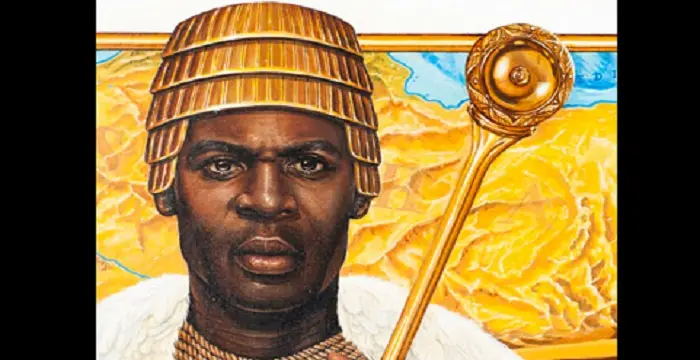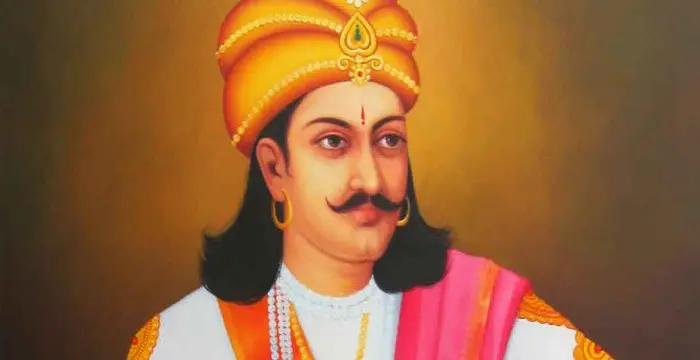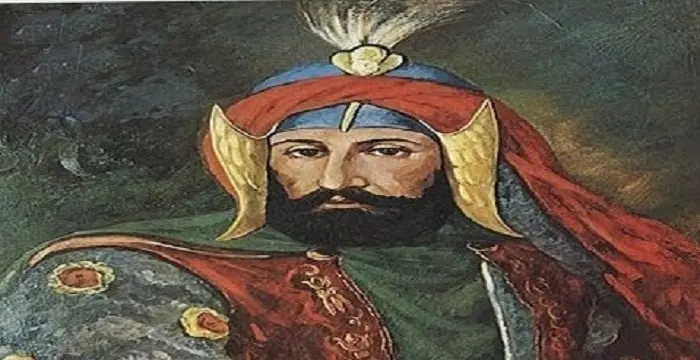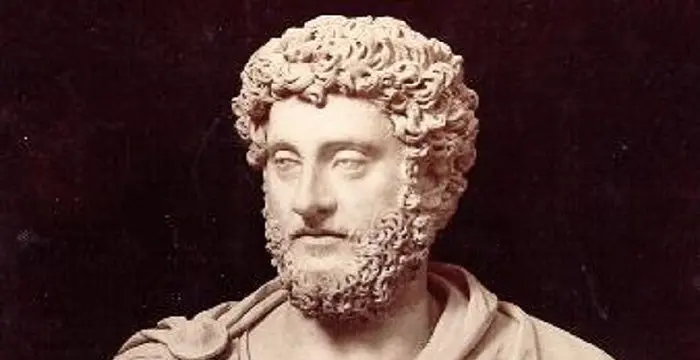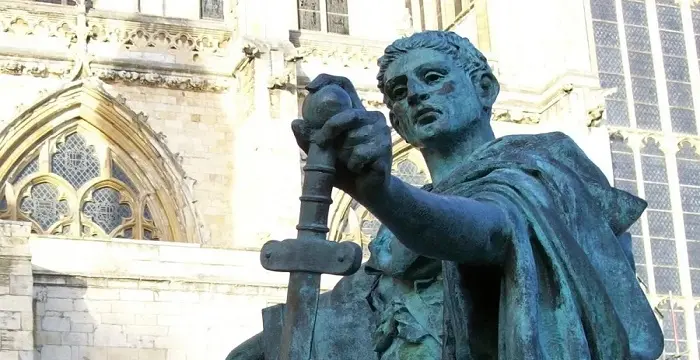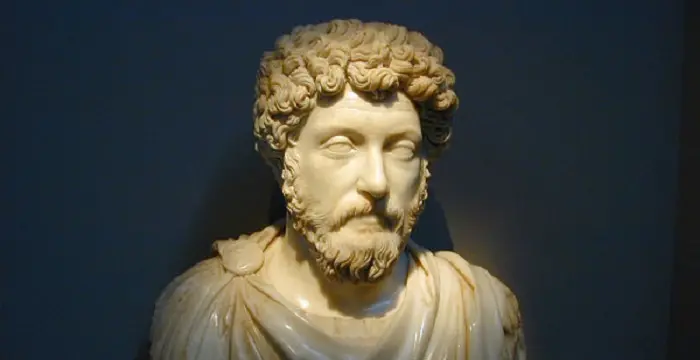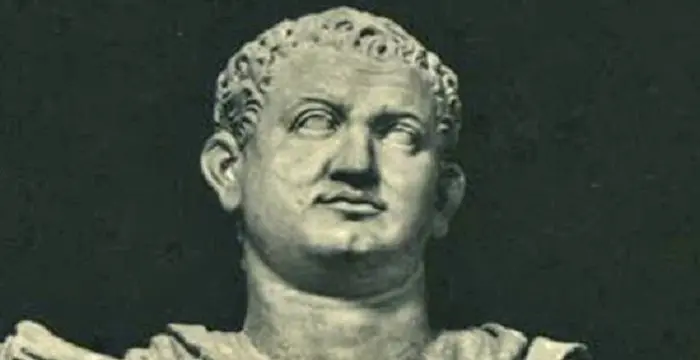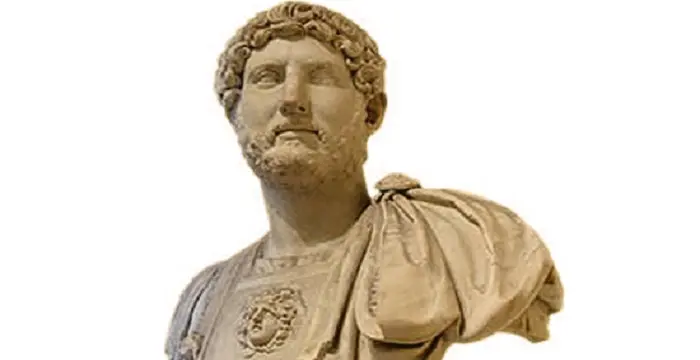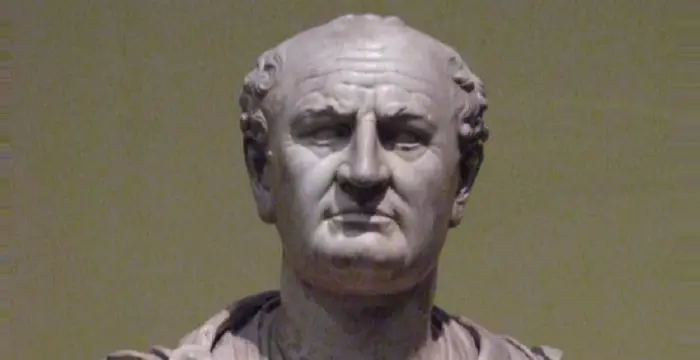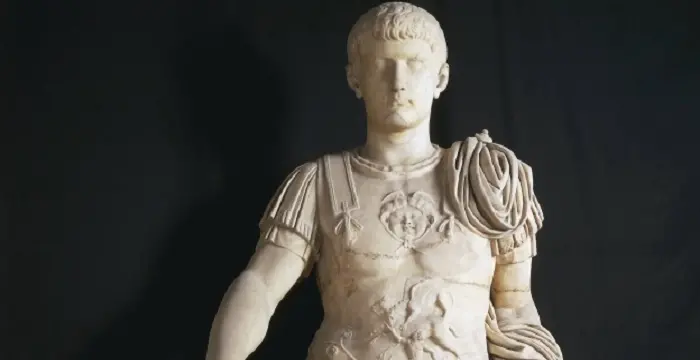
Caligula - Kings, Career and Childhood
Caligula's Personal Details
Caligula was the 3rd Emperor of Roman Empire
| Information | Detail |
|---|---|
| Birthday | August 31, 2012 |
| Died on | January 24, 2041 |
| Nationality | Ancient Roman |
| Famous | Historical Personalities, Emperors & Kings, Ancient Roman Men, Emperors, Kings, Roman Emperor |
| Spouses | Junia Claudilla, Livia Orestilla, Lollia Paulina, Milonia Caesonia |
| Siblings | Agrippina the Younger |
| Known as | Gaius Julius Caesar Augustus Germanicus, Gaius Julius Caesar Germanicus |
| Childrens | Julia Drusilla |
| Founder / Co-Founder |
|
| Cause of death |
|
| Birth Place | Anzio |
| Gender | Male |
| Father | Germanicus |
| Mother | Agrippina the Elder |
| Sun Sign | Virgo |
| Born in | Anzio |
| Famous as | Roman Emperor |
| Died at Age | 28 |
// Famous Ancient Roman Men
Vitruvius
Vitruvius was a Roman architect, author, and military engineer during the 1st century BC. Check out this biography to know about his childhood, family life, achievements and fun facts about his life.
Flavius Odoacer
Flavius Odoacer was a soldier who went on to become the King of Italy. This biography profiles his childhood, family, life history, and timeline.
Lucius Annaeus Seneca
Lucius Annaeus Seneca, commonly known as Seneca, was a Roman philosopher and statesman. This biography profiles his childhood, life, career, works, achievements & timeline.
Caligula's photo
Who is Caligula?
Nicknamed Caligula, Gaius Juluis Ceasar Augustus Germanicus was the 3rd Emperor of Roman Empire. The unfortunate death of his father and later Tiberius in 37 AD led Caligula to take up the throne as the Emperor of Rome. The first seven months of Caligula’s reign were absolutely blissful as he brought forth several reforms and policies that were for the benefit of the citizens. However, following his ill health, he turned into an aggressive leader. During the better half of his reign, Caligula earned the wrath for his insane orders and engagements. He killed on whims and fancies, squandered state treasury for his individualistic motives, engaged in sexual activities with wives of other men, called himself God, directed much of his attention to ambitious construction projects and became increasingly self-absorbed. His fear for dethronement was so high that he killed members of his family, including his sisters, brother and son. However, not everything was negative during his reign. Caligula supervised abolishment of certain taxes, helped better Roman infrastructure and public transportation and aided those harmed by natural calamities or mean rules.
// Famous Emperors
Sundiata Keita
Sundiata Keita was the founder of the Mali Empire in West Africa. This biography profiles his childhood, early life, struggles, founding of empire, rule, administration, achievements and also gives some fun facts.
Ashoka
Ashoka was the third emperor of the Mauryan Dynasty and ruled almost the entire Indian subcontinent. This biography profiles his childhood, life, reign, achievements and timeline
Murad IV
Murad IV was one of the mighty Sultans in the history of the Ottoman Empire. This biography profiles his childhood, family, accession, rule, administration and timeline.
Childhood & Early Life
Caligula was born as Gaius Julius Caesar Augustus Germanicus on August 31, 12 AD to Germanicus and Agrippina the Elder, in Antium, Italy. He was the third of the six surviving children of the couple.
Young Gaius accompanied his father on campaigns in north of Germania. Dressed in proper soldier attire complete with boots and armour, he earned the nickname Caligula— meaning "little (soldier's) boot"—that stayed with him till the end.
After the death of his father, Tiberius took over the throne. Caligula stayed with his mother, great grandmother and later grandmother before being remanded under the personal care of Tiberius.
In 33 AD, Caligula was proffered with an honorary quaestorship, a position he retained until his rise as an Emperor. Two years later, he was named joint heir to Tiberius's estate, sharing it with Tiberius’s grandson Gemellus.
Accession & Reign
Following Tiberius’ death in 37 AD, Caligula and Gemellus served as joint heirs. However, Caligula nullified Tiberius’ will, proving Gemellus as insane, and thus took over as the Emperor.
Caligula’s appointment as Emperor and his return to Rome was marked with extreme joy, celebration and ecstasy. The Romans welcomed ‘their baby’ with open arms.
His reign as an Emperor commenced on a good note. He started off by granting bonus to military men and city troops. Subsequently, he recalled exiled people by nullifying Tiberius’ treason papers. He even banished certain sexual deviants and helped people affected by the imperial tax system.
Caligula’s illness in October 37 AD acted as a catalyst for the turn of his reign. From being a benevolent Emperor, he soon turned into a ruthless leader. Once critical of exile, he started banishing people and even killing those he found to be serious threat. He executed his close relatives including his brothers and adopted son and exiled others.
Following the death/ exile of his close relatives, Caligula focussed his attention on political and public reforms. Unlike Tiberius, he publicized accounts of public funds. He abolished certain taxes and inducted new members in the senatorial order. The most significant of his reform came when he introduced democratic elections.
Though Caligula was criticized for his executions, he was widely appreciated for his support, generosity and bounteousness. His extravagance led to exhaustion of the state treasury. In order to restore state funds, he took desperate measures including seizure of properties, re-interpretation of Tiberius’ will, levying taxes on lawsuit, wedding and prostitution, false fining, incorrect accusation and forceful confiscation.
Within a year of his enthronement, he had squandered more than 2.7 billion sesterces that Tiberius had amassed all through. Resultantly, the financial crisis led to a brief famine. However, to tackle the same he increased grain imports from Egypt
Despite the financial crunch, Caligula did not compromise with his construction projects. During his reign, he oversaw the construction of various temples, theatre, racetrack and so on. To improve public transportation, he built new roads and ordered the construction of channels that are till date engineering marvels. Furthermore, he repaired the city walls and the temples of the gods.
For his personal gains, Caligula expanded the palace. He supervised the construction of a temporary floating bridge to be built using ships as pontoons from the resort of Baiae to Port of Puteoli. He got two large ships constructed for himself. The two ships are considered amongst the largest vessels in the ancient world; one of them being nothing less than a floating palace.
In 39 AD, a feud arose between Caligula and the Roman Senate that deteriorated their relations. Upon reviewing Tiberius’ treason trials, he concluded that many senators were not trustworthy. As such, he ordered for a fresh set of investigations and trials. He replaced the consul and put several senators to death.
On the eastern front, Caligula along with Herod Agrippa, suppressed several riots and conspiracies that arose from tension due to spread of Greek culture, Roman law and the rights of Jews in the empire. Flaccus who served as the prefect ordered installation of statues of the emperor in Jewish synagogues. This move caused a major riot which led to Flaccus removal and subsequent execution.
In 40 AD riots broke out between Jews and Greeks; the Jews were accused of not honouring the emperor. Resultantly, Caligula ordered the erection of a statue of himself in the Jewish Temple of Jerusalem which was later reversed as it conflicted with Jewish monotheism
In 40 AD, he expanded the Roman Empire into Mauretania. The annexation had both personal and political motive, to supress the pressing military or economic needs and curb down potential future threats. He also attempted expanding into Britannia but the effort was only realized by his successor later
The most outlandish claims by Caligula came when he introduced religion into his political role. He not just referred to himself as God but dressed like one. He replaced the heads from various statues of gods with his own and stated his wish to be worshipped as ‘Neos Helios’, or the ‘New Sun’. He further ordered Roman senators to worship him as a tangible, living god.
Later in 40 AD, Caligula claimed to leave Rome and move to Alexandria, Egypt permanently. This was with the hope that he would be revered as a living God in Egypt. This announcement created an outrage in the Rome as it would have left the Senate and Praetorian Guard powerless
Major Works
Caligula, during his reign, supervised ambitious construction projects. He oversaw the construction of various temples, built new roads and channels, expanded the palace and got constructed two large ships which went on to become the largest vessels of the ancient world
Caligula supervised abolishment of certain taxes, and aided those harmed by natural calamities. He restored the practice of democratic elections. He also expanded the Roman Empire by annexing Mauretania.
Personal Life & Legacy
Caligula married Junia Claudilla in 33 AD. However, the marriage was a brief affair as Claudilla died the following year during childbirth. He then married Caesonia, and killed their young daughter, Julia Drusilla.
During his reign, he is said to have slept with wives of many men. He was also accused of forcefully prostituting his sisters to other men. Caligula allegedly turned the palace into a brothel.
His aggressive reign earned him many enemies who constantly plotted his death but failed each time. The conspiracy of his death planned by officers within the Praetorian Guard led by Cassius Chaerea finally turned successful.
On January 24, 41 AD, while addressing an acting troupe during a series of game, Caligula was stabbed to death. He was stabbed by Cassius Chaerea 30 times, followed by a number of conspirators.
His death created an outrage amongst the Caligula's loyal Germanic guards. They attacked the assassins and conspirators but the rampage cost lives of some innocent senators and bystanders as well.
After Caligula’s death, the senate unsuccessfully tried to restore the Republic but Romans and the military men stayed loyal to the office of the Emperor. As such, Caligula’s uncle Claudius succeeded the throne.
Caligula’s body was placed under turf until it was burned and entombed by his sisters. He was later buried within the Mausoleum of Augustus.
Trivia
While presiding over Games, this Roman Emperor is said to have ordered his guards to throw an entire section of the crowd in the middle during intermission to be eaten by animals because there were no criminals to be prosecuted and he was bored.
// Famous Kings
Sundiata Keita
Sundiata Keita was the founder of the Mali Empire in West Africa. This biography profiles his childhood, early life, struggles, founding of empire, rule, administration, achievements and also gives some fun facts.
Ashoka
Ashoka was the third emperor of the Mauryan Dynasty and ruled almost the entire Indian subcontinent. This biography profiles his childhood, life, reign, achievements and timeline
Murad IV
Murad IV was one of the mighty Sultans in the history of the Ottoman Empire. This biography profiles his childhood, family, accession, rule, administration and timeline.
Caligula biography timelines
- // 31st Aug 12Caligula was born as Gaius Julius Caesar Augustus Germanicus on August 31, 12 AD to Germanicus and Agrippina the Elder, in Antium, Italy. He was the third of the six surviving children of the couple.
- // 33In 33 AD, Caligula was proffered with an honorary quaestorship, a position he retained until his rise as an Emperor. Two years later, he was named joint heir to Tiberius's estate, sharing it with Tiberius’s grandson Gemellus.
- // 33Caligula married Junia Claudilla in 33 AD. However, the marriage was a brief affair as Claudilla died the following year during childbirth. He then married Caesonia, and killed their young daughter, Julia Drusilla.
- // 37Following Tiberius’ death in 37 AD, Caligula and Gemellus served as joint heirs. However, Caligula nullified Tiberius’ will, proving Gemellus as insane, and thus took over as the Emperor.
- // 37Caligula’s illness in October 37 AD acted as a catalyst for the turn of his reign. From being a benevolent Emperor, he soon turned into a ruthless leader. Once critical of exile, he started banishing people and even killing those he found to be serious threat. He executed his close relatives including his brothers and adopted son and exiled others.
- // 39In 39 AD, a feud arose between Caligula and the Roman Senate that deteriorated their relations. Upon reviewing Tiberius’ treason trials, he concluded that many senators were not trustworthy. As such, he ordered for a fresh set of investigations and trials. He replaced the consul and put several senators to death.
- // 40In 40 AD riots broke out between Jews and Greeks; the Jews were accused of not honouring the emperor. Resultantly, Caligula ordered the erection of a statue of himself in the Jewish Temple of Jerusalem which was later reversed as it conflicted with Jewish monotheism
- // 40In 40 AD, he expanded the Roman Empire into Mauretania. The annexation had both personal and political motive, to supress the pressing military or economic needs and curb down potential future threats. He also attempted expanding into Britannia but the effort was only realized by his successor later
- // 40Later in 40 AD, Caligula claimed to leave Rome and move to Alexandria, Egypt permanently. This was with the hope that he would be revered as a living God in Egypt. This announcement created an outrage in the Rome as it would have left the Senate and Praetorian Guard powerless
- // 24th Jan 41On January 24, 41 AD, while addressing an acting troupe during a series of game, Caligula was stabbed to death. He was stabbed by Cassius Chaerea 30 times, followed by a number of conspirators.
// Famous Roman Emperor
Commodus
Commodus (Lucius Aurelius Commodus) was a Roman emperor during the early years of the first millennium. This biography provides detailed information about his childhood, family, rule, life history, achievements, death etc.
Constantine the Great
Constantine the Great was a Roman Emperor of Illyrian ancestry who ruled from 306 to 337 AD. This biography of Constantine the Great provides detailed information about his childhood, life, achievements, works & timeline
Marcus Aurelius
Marcus Aurelius was one of the most cherished Roman emperors in history. Go through this article to learn more about his profile, childhood, life and timeline.
Titus
Titus was a Roman Emperor who is best known as the conqueror of Jerusalem. Check out this biography to learn in details about his life, profile and timeline
Hadrian
Hadrian was Roman emperor from 117 to 138. This biography profiles his childhood, family, personal life, accession, rule, administration, achievements and other facts.
Vespasian
Vespasian was the ninth emperor of Rome who founded the Flavian dynasty of emperors. This biography of Vespasian provides detailed information about his childhood, life, achievements, works & timeline
Caligula's FAQ
What is Caligula birthday?
Caligula was born at 2012-08-31
When was Caligula died?
Caligula was died at 2041-01-24
Where was Caligula died?
Caligula was died in Palatine Hill
Which age was Caligula died?
Caligula was died at age 28
Where is Caligula's birth place?
Caligula was born in Anzio
What is Caligula nationalities?
Caligula's nationalities is Ancient Roman
Who is Caligula spouses?
Caligula's spouses is Junia Claudilla, Livia Orestilla, Lollia Paulina, Milonia Caesonia
Who is Caligula siblings?
Caligula's siblings is Agrippina the Younger
Who is Caligula childrens?
Caligula's childrens is Julia Drusilla
Which company or organization was founded by Caligula?
Caligula was the founder/co-founder of Legio XXII Primigenia
What is Caligula's cause of dead?
Caligula dead because of Assassination
Who is Caligula's father?
Caligula's father is Germanicus
Who is Caligula's mother?
Caligula's mother is Agrippina the Elder
What is Caligula's sun sign?
Caligula is Virgo
How famous is Caligula?
Caligula is famouse as Roman Emperor
